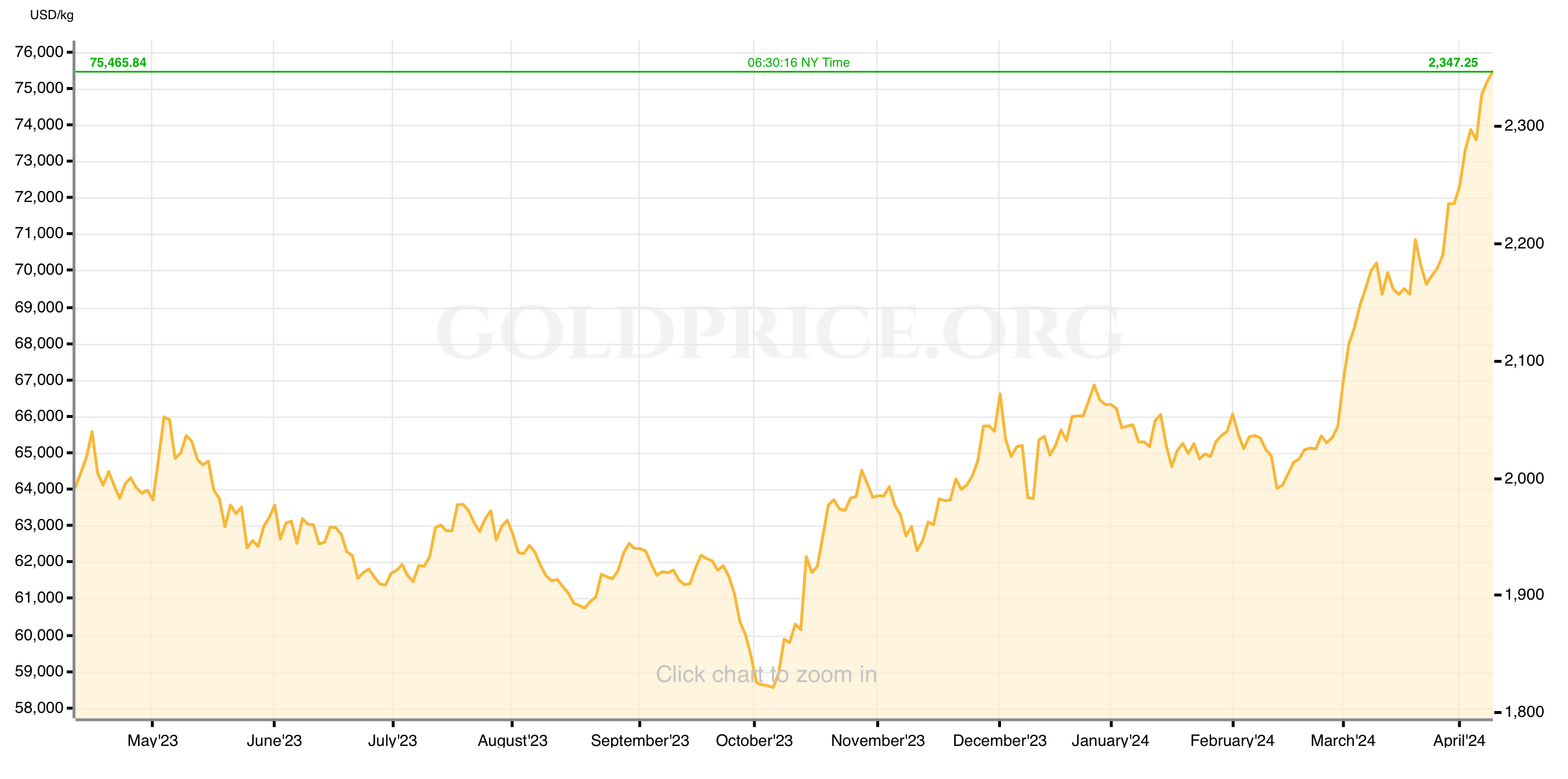I’ve been thinking about computers lately, for multiple reasons, so I’ll share a few thoughts.
It’s interesting how people tend to have weird prejudice about things based on the label. For instance, “gaming” computers are supposedly not “serious”, you shouldn’t buy that stuff if you’re doing serious work with your computer. You should get a “business” or a “workstation” machine.
That’s such incredible nonsense, because what does “gaming” even mean at this point? It’s basically “workstation” with RGB lights. If a PC or a laptop is “gaming”, it usually means a powerful graphics card, overbuilt power supply, high-performance cooling system, and generally high-end components designed to be able to work on 100% indefinitely. What’s a workstation PC? Well, it has a powerful GPU, overbuilt power supply, high performance cooling, high-spec components that are designed to be able to work on 100% indefinitely, only the graphics card has drivers for CAD, which means it supports double precision floating point arithmetics, and it’s designed more “seriously”, which means no RGB and the box looks normal, and not like an alien space ship with glowing vents. It’s also more expensive, in order to milk the “serious” customers for money, which means that if you want to have the greatest performance for your money, get gaming components, get a normal-looking case, turn off the RGB nonsense and there you go. The only situation where you would actually want a real workstation machine is if you’re running server workloads and you actually need a server CPU. Otherwise, “gaming” translates into “great for photo and video editing and programming”.
It’s interesting that everything that tends to be labelled as “business” tends to be shit. That’s because a computer for “business” is the cheapest possible piece of crap that will still work, so penny-pinchers that buy equipment for general staff that slaves their lives away in cubicles for a meager wage can feel good knowing they spent the least possible amount of money on the “workforce”. That’s never the computer the boss is getting for himself. He’s getting a 16” Macbook Pro. He’s certainly not getting the “business” model. You don’t get a business-grade computer if you’re doing business, you get it if you are considered to be equipment required for doing business, and you need to be cheap.
There’s also the question whether to buy a Mac or a “PC”, as if somehow a Mac is not a PC. Let me write down my own experience. I used to write books on IBM T41 laptops running Linux. The keyboards were great, and the screen had lots of vertical space, being 4:3 ratio, so that worked fine, but they tended to die on me, because I used them on my lap, and I didn’t have air conditioning in the room so they overheated during the summer; the motherboards would die, so I would just get another used T41 (they were several generations obsolete and dirt cheap at that point), put in my hard drive and continue writing. At some point, after I went through two IBMs in two years, I decided I had enough of that shit and got a 13” Macbook Air. Now, that thing was indestructible, a proverbial cockroach that would survive a nuclear war. I had to retire it because it had only 2GB of RAM and became unbearably slow after five or so years of use, and traded it in for some new piece of hardware, but there’s obviously a reason why so many people buy Macbooks, and it’s not because they are stupid so they buy “overpriced junk”. If anything, the old Thinkpads were junk compared to the Macbook. I replaced the Air with a mid-2015 15” Pro, which is also a cockroach – I’m using it to write this, it’s 8 years old, I more-less retired it a few years ago and still works just fine. The screen, touchpad and keyboard are still great, but it’s significantly slower than the modern machines, so I wouldn’t do serious heavy lifting on it, but for all the normal tasks it’s just fine. The only interventions I did on it was to change a bloated battery when it was 5 years old, and I replaced the 256GB SSD with a 1TB Samsung. So, my answer to “why would you buy a Mac” is “because I want it to work reliably and well until it’s a million generations obsolete and I want to replace it anyway”. It doesn’t just die, the user interface is great, and it’s usually among the fastest machines you can get, and considering how well it works and how long it lasts, it’s dirt cheap. The only exception are the generations with the touchbar and butterfly keyboard. They were shit, and everybody who got one regrets their decisions.
It’s not that I have some general recommendation, such as “just get a Mac” or “just get a gaming machine”. In fact, it is my experience that, today, the computers are so good you really have many good options, but that’s only if you avoid the “economy” and “business” stuff, which is what junk made of obsolete components sold to businesses at clearance prices is called.

